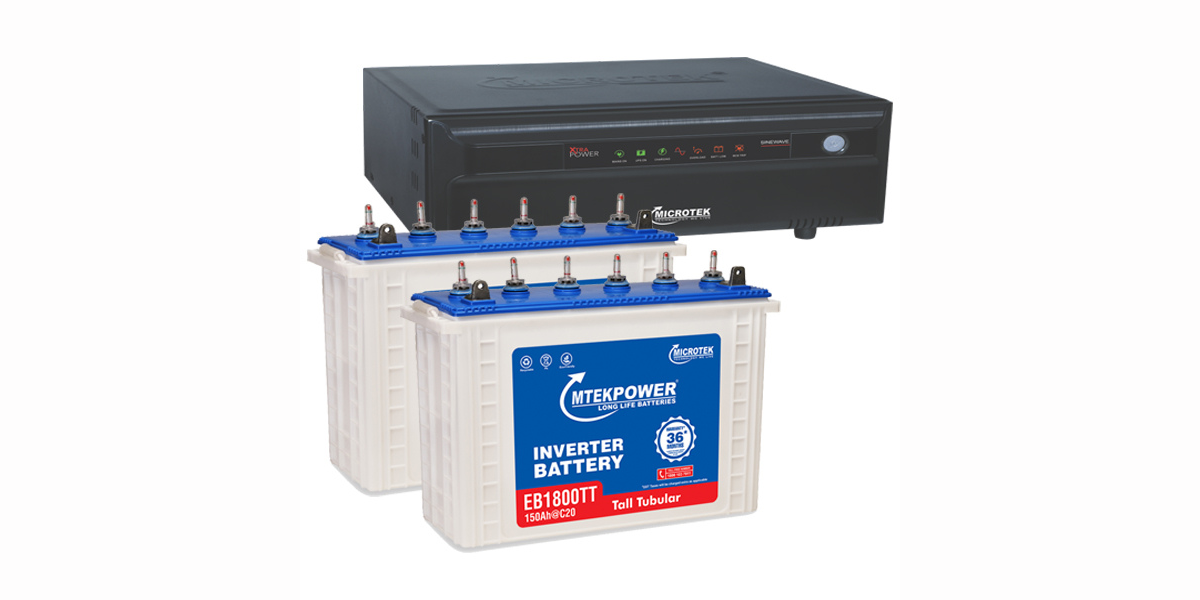An Uninterruptible Power Supply (UPS) battery is a crucial component for maintaining continuous power to electrical devices during outages or fluctuations. These batteries provide a reliable backup power source, protecting sensitive equipment from damage and ensuring seamless operations. This article explores the types, functions, maintenance, and benefits of UPS batteries.
Understanding UPS Systems
What is a UPS?
A UPS is an electrical device that provides emergency power to connected equipment when the main power source fails. It ensures that computers, data centers, telecommunications, and other critical systems remain operational during power interruptions, preventing data loss and hardware damage.
Role of the Battery in a UPS
The battery in a UPS system stores energy that is used to power devices during outages. It serves as a temporary power source, allowing users to save their work and safely shut down equipment. The battery’s capacity and efficiency are vital for the overall performance of the UPS.
Types of UPS Batteries
Lead-Acid Batteries
Lead-acid batteries are the most common type used in UPS systems. They are reliable, cost-effective, and provide a stable power supply. These batteries come in two main varieties:
- Sealed Lead Acid (SLA): Maintenance-free and safe for indoor use.
- Flooded Lead Acid: Require regular maintenance and are typically used in larger UPS systems.
Lithium-Ion Batteries
Lithium-ion batteries are gaining popularity due to their higher energy density, longer lifespan, and reduced weight compared to lead-acid batteries. They are more expensive but offer better performance and lower total cost of ownership over time.
Nickel-Cadmium (NiCd) Batteries
NiCd batteries are known for their durability and ability to operate in extreme temperatures. However, they are less commonly used due to their higher cost and environmental concerns related to cadmium.
Key Features and Benefits
Reliability and Performance
UPS batteries provide reliable power during outages, ensuring that critical systems remain operational. Their performance is characterized by quick response times and the ability to handle varying loads, making them essential for mission-critical applications.
Longevity and Efficiency
The lifespan and efficiency of UPS batteries depend on factors such as the type of battery, usage patterns, and maintenance practices. Regular maintenance and proper usage can extend the battery life, ensuring long-term reliability and cost savings.
Scalability
UPS systems can be scaled to meet the power needs of different applications, from small home offices to large data centers. The ability to add or replace batteries as needed provides flexibility and adaptability to changing power requirements.
Maintaining UPS Batteries
Regular Testing
Regular testing of UPS batteries is essential to ensure they are functioning correctly. Load testing, voltage checks, and capacity tests help identify potential issues and prevent unexpected failures.
Proper Storage and Handling
Proper storage and handling practices are crucial for maintaining battery performance. Batteries should be stored in a cool, dry place, away from direct sunlight and extreme temperatures. Handling should follow manufacturer guidelines to avoid damage.
Routine Maintenance
Routine maintenance includes cleaning terminals, checking connections, and inspecting for signs of wear or damage. For lead-acid batteries, it may also involve checking electrolyte levels and topping up with distilled water if necessary.
Replacement and Disposal
Over time, UPS batteries will degrade and need replacement. It is important to follow proper disposal procedures, as batteries contain hazardous materials. Many manufacturers and recycling centers offer take-back programs to ensure environmentally responsible disposal.
Choosing the Right UPS Battery
Assessing Power Needs
The first step in choosing a UPS battery is to assess your power needs. Consider the total load, runtime requirements, and criticality of the equipment you need to protect. This will help determine the appropriate battery capacity and type.
Considering Environmental Factors
Environmental factors such as temperature, humidity, and ventilation can affect battery performance and lifespan. Choose a battery that is suited to the operating environment to ensure optimal performance and longevity.
Budget and Total Cost of Ownership
While initial cost is an important consideration, it is also essential to factor in the total cost of ownership, including maintenance, replacement, and energy efficiency. Lithium-ion batteries, for example, may have a higher upfront cost but offer better long-term value due to their longevity and efficiency.
Conclusion
UPS batteries are a critical component for ensuring uninterrupted power supply and protecting sensitive equipment from power disruptions. Understanding the different types of batteries, their features, and maintenance requirements can help you choose the right UPS battery for your needs. By investing in a reliable UPS system, you can safeguard your operations and achieve peace of mind during power outages.
Read More Our Blogs
Turbocharging Development: Accelerating Growth in the Digital Age



